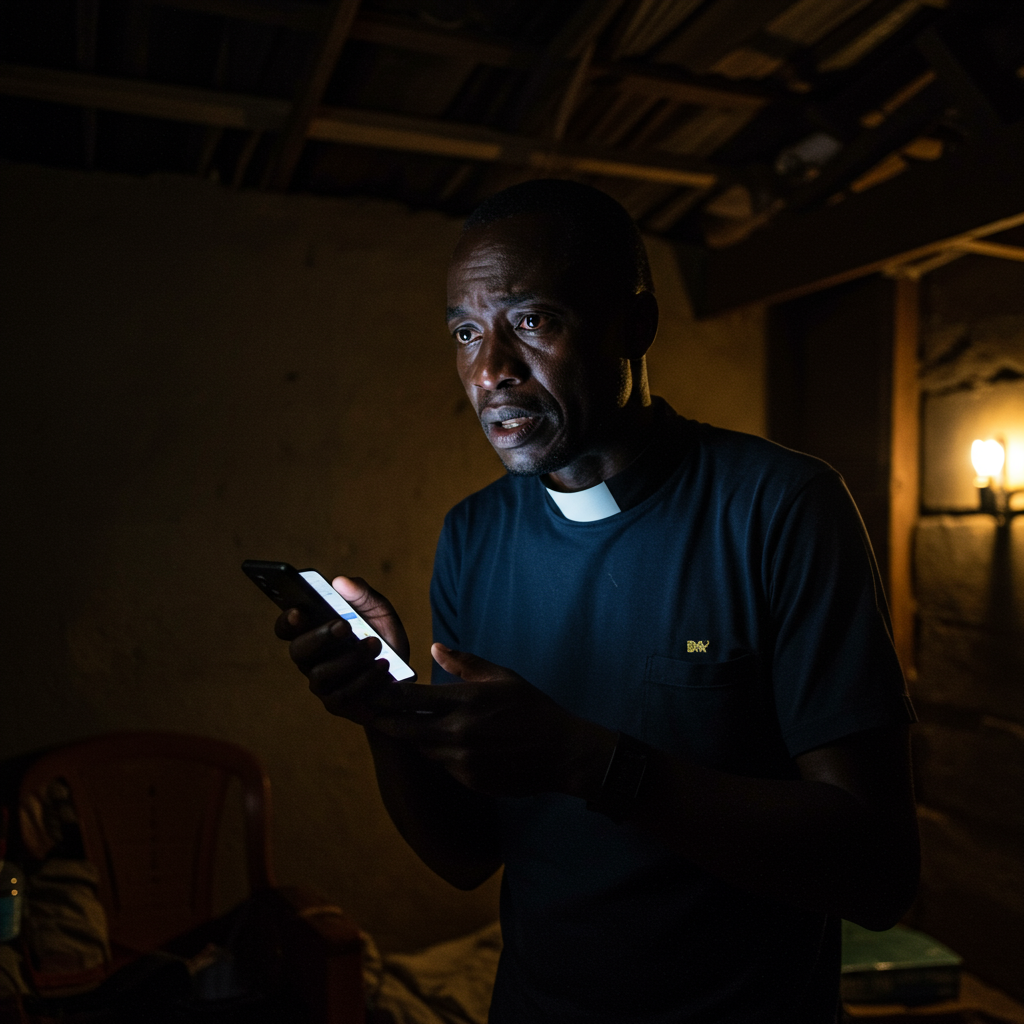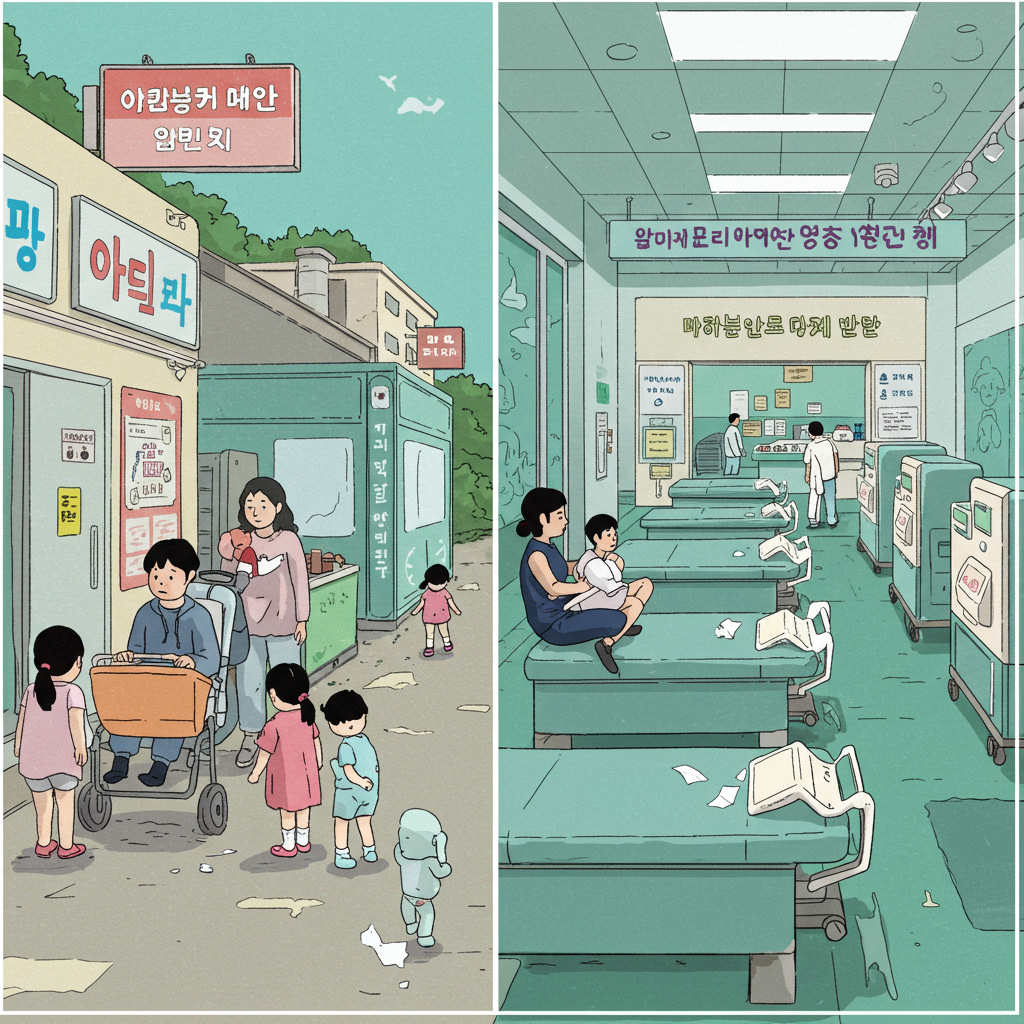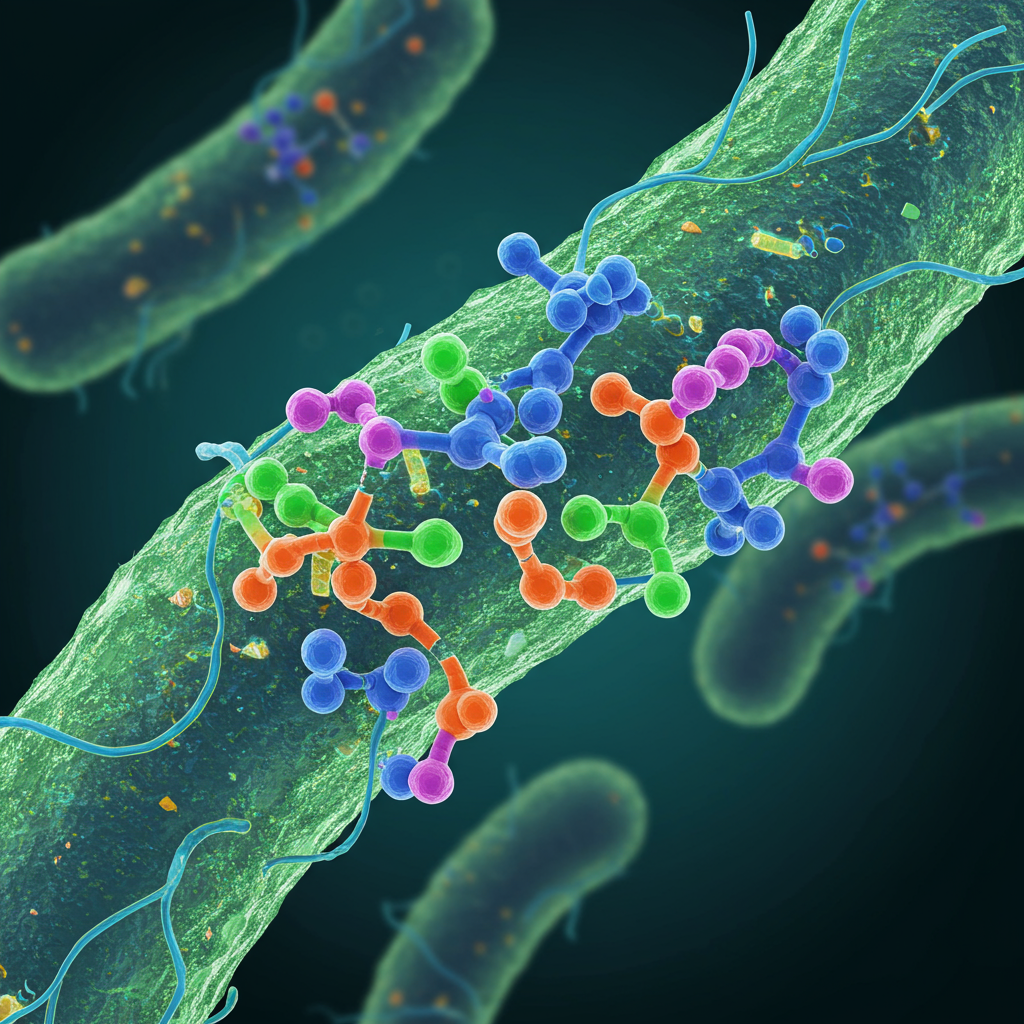A Desperate Search for Life
The night of February 20th plunged Pastor Billiance Chondwe into a frantic search. Hours after darkness fell, he was relentlessly tapping out texts, dialing acquaintances, and leaving voice messages across Zambia. His mission? To find life-saving medication for 9-year-old Diana Lungu, an orphaned girl he has known since birth.
Diana is HIV-positive, and she had run out of the daily pills that suppress the virus, preventing it from ravaging her body. Without them, the virus would surge back, threatening her young life. “I called the whole night… calling everyone,” remembers Pastor Billy, 53, the name he’s known by in his community. He didn’t sleep until 3 a.m., utterly consumed by the urgency of finding Diana’s medication.
This desperate plea reached across continents, even finding Susan Hillis in an airport line in Thailand. Hearing the exhaustion and fear in Pastor Billy’s voice, Hillis, an epidemiologist with years of HIV/AIDS experience, felt a chilling dread. “I was about four people from checking in… I was thinking: ‘She’s going to die. She is going to die.'”
A Pastor’s Personal Mission
For Pastor Billy, the fight for Diana is deeply personal. Growing up in Kitwe, Zambia, he was inseparable from his twin sister, Charity. They shared everything, a bond broken when Charity fell ill after becoming involved with a businessman. In 1989, she was diagnosed with HIV/AIDS. At that time, there was no treatment available in Zambia.
Pastor Billy nursed Charity at home, witnessing her decline firsthand – the spreading rash, the inability to walk, her skeletal frame. “It brought me to my knees,” he remembers, describing the profound sense of limitation he felt as he watched her die two years later. This tragedy drove him to turn to God and, in 1994, he became a pastor as the HIV/AIDS epidemic devastated Zambia, sending life expectancy plummeting. He saw members of his congregation showing the same symptoms as Charity, a heart-wrenching echo of his personal loss.
The funerals were relentless, sometimes several a week. Beyond leading services, Pastor Billy faced another urgent task: finding homes for the orphaned children left behind, often battling the intense stigma associated with AIDS deaths. He and his wife, Catherine Nanyangwe Chondwe, frequently opened their own home, raising over 15 orphans alongside their five children over the years, making space for them wherever they could.
PEPFAR: A Beacon of Hope
For years, hope arrived in Zambia and across many nations in the form of PEPFAR – the President’s Emergency Plan for AIDS Relief. Launched in 2003, this U.S. government initiative has been credited with saving over 26 million lives globally. A critical component of PEPFAR, particularly since 2006, has been dedicated support for Orphans and Vulnerable Children (OVC), with a bipartisan mandate allocating 10% of funding to this group.
Last fiscal year, PEPFAR supported 6.6 million such children, spending over $200 million – about $31 per child. The program aimed to empower local families to care for children orphaned by AIDS (whether HIV-positive or not) by providing essential support:
Medicine: Access to antiretroviral therapy (ART) for children like Diana.
Medical Care: Support through U.S.-funded clinics.
Nutrition: Food packages crucial for taking HIV medication effectively.
Education: Assistance with school fees, books, and uniforms.
- Psychosocial Support: Help to address the stigma and trauma associated with AIDS.
- www.npr.org
- knpr.org
- www.hppr.org
- news.wjct.org
- news.wjct.org
Experts like Eric Goosby, who oversaw PEPFAR from 2009 to 2013, describe the OVC program as a largely “unsung” but incredibly “successful” effort, calling it the “largest effort on the planet” to support children orphaned by disease. Its vision enabled a “Lazarus effect,” where individuals on their deathbeds from AIDS could access treatment and regain vibrant lives, returning to work, parenting, and school – a miracle previously unavailable in sub-Saharan Africa due to the high cost of drugs.
This newfound stability wasn’t just about survival; it allowed children like Diana to dream. On her walk to school, she often imagined becoming a doctor, helping others. Pastor Billy himself found relief in PEPFAR’s arrival in Zambia in 2004, seeing it as a divine promise fulfilled, taking away despair from families. The program’s success was so visible that roadside carpenters, who once lined streets with caskets, began displaying handmade beds – symbolizing rest and recovery rather than death.
The Abrupt Halt: Aid Cuts and Uncertainty
Diana, who lost her mother to HIV and her grandmother to COVID-19, had known stability largely thanks to PEPFAR. Her HIV medications, medical care, and essential food packages all came through U.S.-funded programs in her town of Kapiri Mposhi.
But that stability shattered on inauguration night when a U.S. executive order froze almost all foreign aid. This led to immediate stop-work orders and the termination of programs funded by billions of dollars. Diana’s U.S.-funded HIV clinic closed overnight, without warning, leaving her caregiver, Jennifer Mukuka (who took Diana in after Pastor Billy moved for church work), unable to get Diana’s medical file or a transfer letter needed for care at a government clinic. The crucial monthly food packages also stopped.
While the State Department later stated that HIV treatment and care were allowed to continue via waivers, the reality on the ground has been chaotic. “All other PEPFAR-funded services are being reviewed,” the department stated, offering no timeline or clear guidance for the millions of children and caregivers affected. The dismantling of USAID as an independent agency has further complicated the resumption of services, even with waivers. Diana’s former clinic remains closed, with Pastor Billy believing it’s “closed forever.”
Living on Scraps: Medication and Meals
The consequence for Diana has been severe. Without access to her medical file, Mukuka cannot enroll her in a government clinic. Instead, she travels to nearby centers, “literally scrounging for medication,” sometimes getting only a week’s or a few days’ supply. This inconsistent access means Diana has gone without her medication for a week or two at times, risking the virus becoming drug-resistant. The stress is immense for Mukuka, who is also HIV-positive and takes her own medication from a government hospital. Faced with Diana having nothing, Mukuka has sometimes shared her own pills, a risky practice regarding dosage.
Beyond medication, the lack of food aid has plunged Diana and Mukuka’s household into hunger. Sharing a three-room house with Mukuka’s adult daughter and two young grandchildren, food is scarce. “Sometimes we just have one meal per day,” Mukuka explains, often just beans and maize porridge (nshima) in the evening. Taking HIV medication on an empty stomach can cause severe nausea and discomfort, which Diana confirms: “Because there isn’t enough food, I sometimes don’t feel well.”
Mukuka tries to earn money by selling small bags of flour and sugar for under 20 cents each, hoping to afford food and school basics like books and uniforms. But it’s a desperate struggle.
Warnings of Reversal
Aid workers and experts express grave concern that these cuts are reversing years of progress. Susan Hillis saw Pastor Billy’s plea as just one example of how aid cuts are impacting families and leading to hunger. An anonymous U.S. civil servant warns that children will go hungry, drop out of school, and become vulnerable to transactional sex and exploitation, potentially leading to a resurgence of HIV among young people.
Eric Goosby argues that interventions like feeding and educating children are just as “lifesaving” as medication and should be allowed to continue. Dr. Chris Beyrer of Duke Global Health Institute feels it’s “going backward” from the goal of an AIDS-free generation. Pastor Billy observes carpenters displaying caskets again on the roadside – a grim echo of the epidemic’s height before widespread treatment was available.
A Pastor’s Commitment Endures
Despite the uncertainty, Pastor Billy remains steadfast in his commitment to Diana. He makes the hours-long drive to visit her regularly. Her face lights up when she sees him; she calls him “father.” He provides what financial help he can, supporting Mukuka’s meager efforts to provide food and school supplies.
The precariousness of Diana’s situation, the frantic searches, and the vulnerability exposed by the aid cuts have highlighted the fragility of the systems they relied on. It has also led Pastor Billy to reconsider his own future plans, including religious studies in the U.S. “Love is not somebody who visits and takes a picture and puts it on the fridge,” he reflects. Perhaps, he thinks, he and his wife should stay in Zambia, offering Diana the permanent stability she needs by formally adopting her.
As Diana continues her 20-minute walk to school down dusty roads, clinging to dreams of becoming a doctor, her daily reality remains a struggle for consistent medication and enough food. Her fight, championed by a devoted pastor haunted by the past, underscores the profound human cost when crucial global health support falters.




